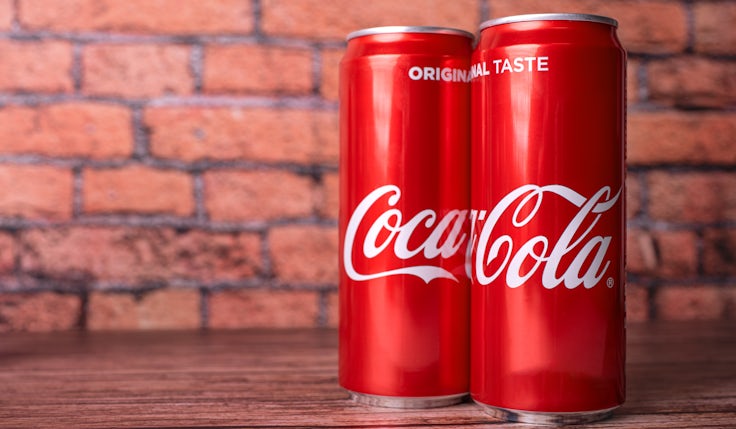Haleon to ‘reinvest’ in brand building after split from efficiency-focused GSK
Freed from the shackles of its former parent company, Haleon is turning around its approach towards efficiency and effectiveness in marketing.
 Haleon is planning to “reinvest” in brand building following its split from efficiency-focused pharmaceuticals company GSK earlier this year.
Haleon is planning to “reinvest” in brand building following its split from efficiency-focused pharmaceuticals company GSK earlier this year.
Formerly known as GSK Consumer Healthcare, Haleon – which owns healthcare brands including Sensodyne, Panadol and Voltaren – was spun off into its own FTSE 100 business in July.
“GSK has a fierce reputation for cost efficiency, particularly in marketing and especially in media,” said Haleon’s vice president of global media Simon Peel, speaking at the IPA’s Effworks Global 2022 conference this week.
“In fact, over the years GSK has tried to drive the price down on CPMs [cost per thousands], CPDs [cost per download] and other metrics, often at the expense of quality of reach.”
GSK’s focus on efficiency may have been appropriate for the pharmaceutical business, which had three large business units before Haleon’s departure, Peel recognised.
However, he said Haleon’s focus now is on growth rather than making cost efficiencies, and the business views marketing spend as an investment rather than an area to save in.
“Luckily, we’ve got an executive team that believes in growing the brand. They’re still cost conscious, but where there are efficiencies, they’ll be reinvested back into brand building,” he added.
At the moment we’re very early doors as a company, so we’re laying the foundations for the future.
Simon Peel, Haleon
Improving marketing effectiveness will be a priority, and is being built into the culture of the business. While Peel acknowledged that both efficiency and effectiveness are important and a balance is needed, he argued that effectiveness is “more important”.
That culture change includes breaking away from the mindset of a pharmaceutical company, which tends to “live within the walls of [its] building” in terms of being restricted by regulation and categories, added Haleon’s global head of transformation and capability, consumer and business insights and analytics, James Sallows.
He spoke about Haleon using a “telescope” to look beyond the company and into the wider environment. At the other end of the spectrum, the business is using a “microscope” to better understand its consumers and how to build connections with them. Insight is now being positioned as a crucial element of the business culture.
‘Innovation, science, humanity’: Why GSK picked Haleon for its consumer healthcare rebrand
“We’ve got our CEO talking to investors about insight being one of the key drivers of the growth of the business, which puts us in a unique position,” Sallows said.
He concluded that Haleon has a “unique opportunity to shape [its] culture” from the top down.
“We really feel we’ve got the right components in place. We have the top-level advocacy. I think now one of the things we have to work on is how we get people on the frontline to also understand the impact of effectiveness,” he said.
Peel admitted there have been some questions from internal stakeholders about how Haleon’s focus on effectiveness will deliver profit. However, while the business does need to deliver sales and revenue in the short term, Haleon is preparing itself for long-term growth.
“At the moment we’re very early doors as a company, so we’re laying the foundations for the future,” he said.






